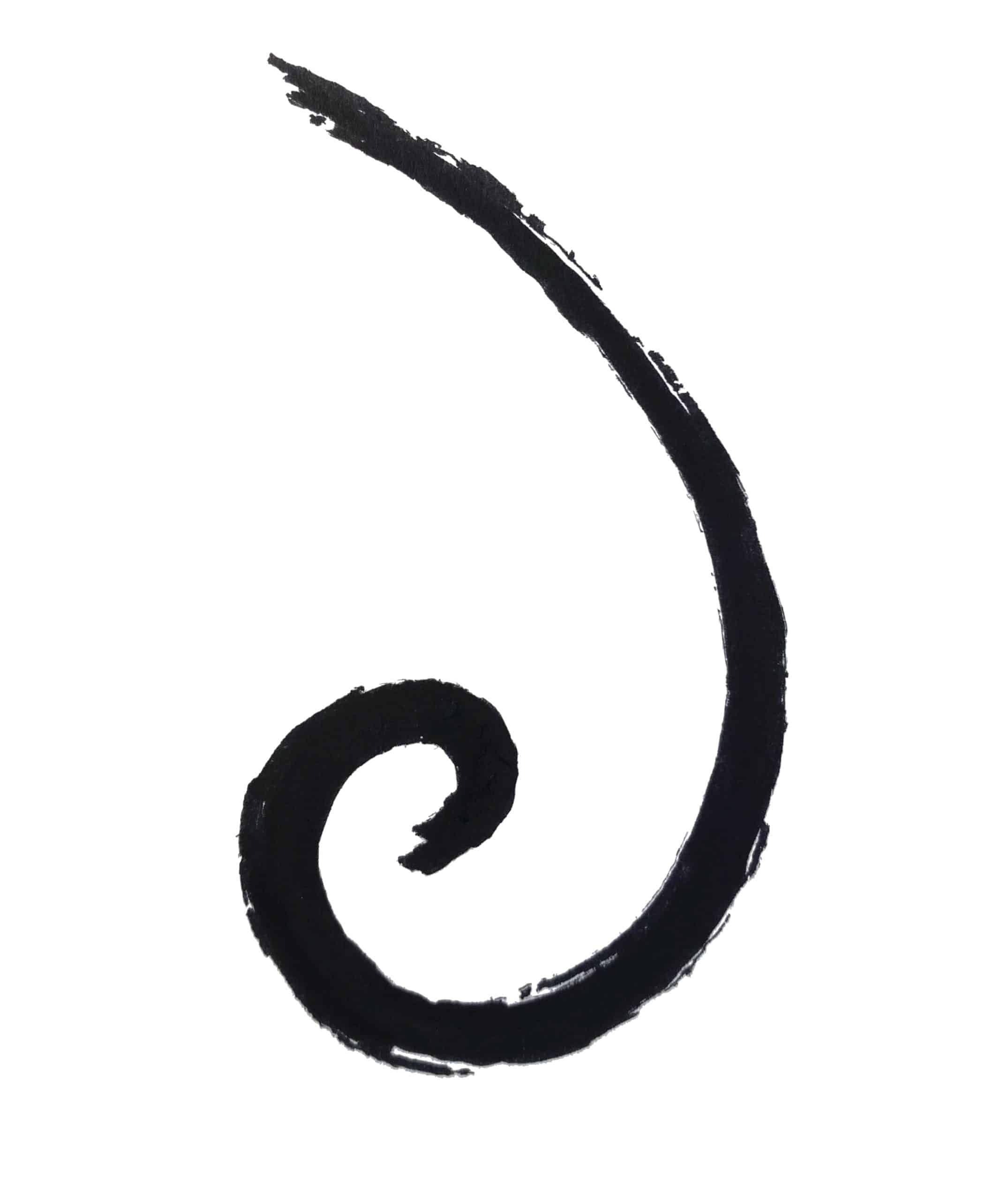Joanna Macy offers the following practice as part of the preparatory work for the “Honouring our Pain for the world” component of The Work That Reconnects.
https://newsociety.com/blogs/news/breathing-through
Basic to most spiritual traditions is the recognition that we are not separate, isolated entities, but integral and organic parts of the vast web of life. We can open to the pain of the world in confidence that it can neither shatter nor isolate us, for we are not objects that can break. We are resilient patterns within a vaster web of knowing.
Because we have been conditioned to view ourselves as separate, competitive and thus fragile entities, we need to relearn this kind of resilience. One way is to practice simple openness, as in this exercise of Breathing Through, adapted from an ancient Buddhist meditation for developing compassion.
Closing your eyes, focus attention on your breathing. Don’t try to breathe any special way, slow or long. Just watch the breathing as it happens, in and out. Note the accompanying sensations at the nostrils or upper lip, in the chest or abdomen. Stay passive and alert, like a cat by a mouse hole ….
As you watch the breath, note that it happens by itself, without your will, without your deciding each time to inhale or exhale …. It’s as though you’re being breathed — being breathed by life …. Just as everyone in this room, in this city, in this planet now, is being breathed by life, sustained in a vast living breathing web ….
Now visualize your breath as a stream or ribbon of air. See it flow up through your nose, down through your windpipe and into your lungs. Now from your lungs, take it through your heart. Picture it flowing through your heart and out to reconnect with the larger web of life. Let the breath-stream, as it passes through you and through your heart, appear as one loop within that vast web, connecting you with it ….
Now open your awareness to the suffering that is present in the world. Drop for now all defenses and open to your knowledge of that suffering. Let it come as concretely as you can … images of your fellow-beings in pain and need, in fear and isolation, in prisons, hospitals, tenements, refugee camps …. No need to strain for these images; they are present to you by virtue of our interbeing. Relax and just let them surface … the vast and countless hardships of our fellow humans, and of our animal brothers and sisters as well, as they swim the seas and fly the air of this planet ….
Now breathe in the pain like granules on the stream of air, up through your nose, down through your trachea, lungs and heart — and out again into the world net …. You are asked to do nothing for now, but let it pass through your heart …. Be sure that stream flows through and out again; don’t hang on to the pain …. Surrender it for now to the healing resources of life’s vast web ….
With Shantideva, the Buddhist saint, we can say, “Let all sorrows ripen in me.” We help them ripen by passing them through our hearts … making good rich compost out of all that grief … so we can learn from it, enhancing our larger, collective knowing ….
If no images or feelings arise and there is only blankness, gray and numb, breathe that through also. That numbness is a very real part of our world ….
And if what surfaces is not the pain of other beings so much as your own personal suffering, breathe that through, too. Your own anguish is an integral part of the grief of our world, and arises with it ….
Should you feel an ache in the chest, a pressure in the rib cage, as if the heart would break, that is all right. Your heart is not an object that can break …. But if it were, they say the heart that breaks open can hold the whole universe. Your heart is that large. Trust it. Keep breathing ….
Breathing through, once we learn it, becomes useful in daily life in the many situations that confront us with painful information. By breathing through the bad news, rather than bracing ourselves against it, we can let it strengthen our sense of belonging in the larger web of being. It helps us remain alert and open, whether reading the news, receiving criticism or simply being present to a person who is suffering.
For activists and those dealing most directly with the problems of our time, the practice helps prevent burnout. It reminds us that both our pain and our power arise from our interconnectedness, and it offers a healing measure of humility. For when we accept our world’s pain as the price of our caring, it naturally flows into action, without drama or self-righteousness.
